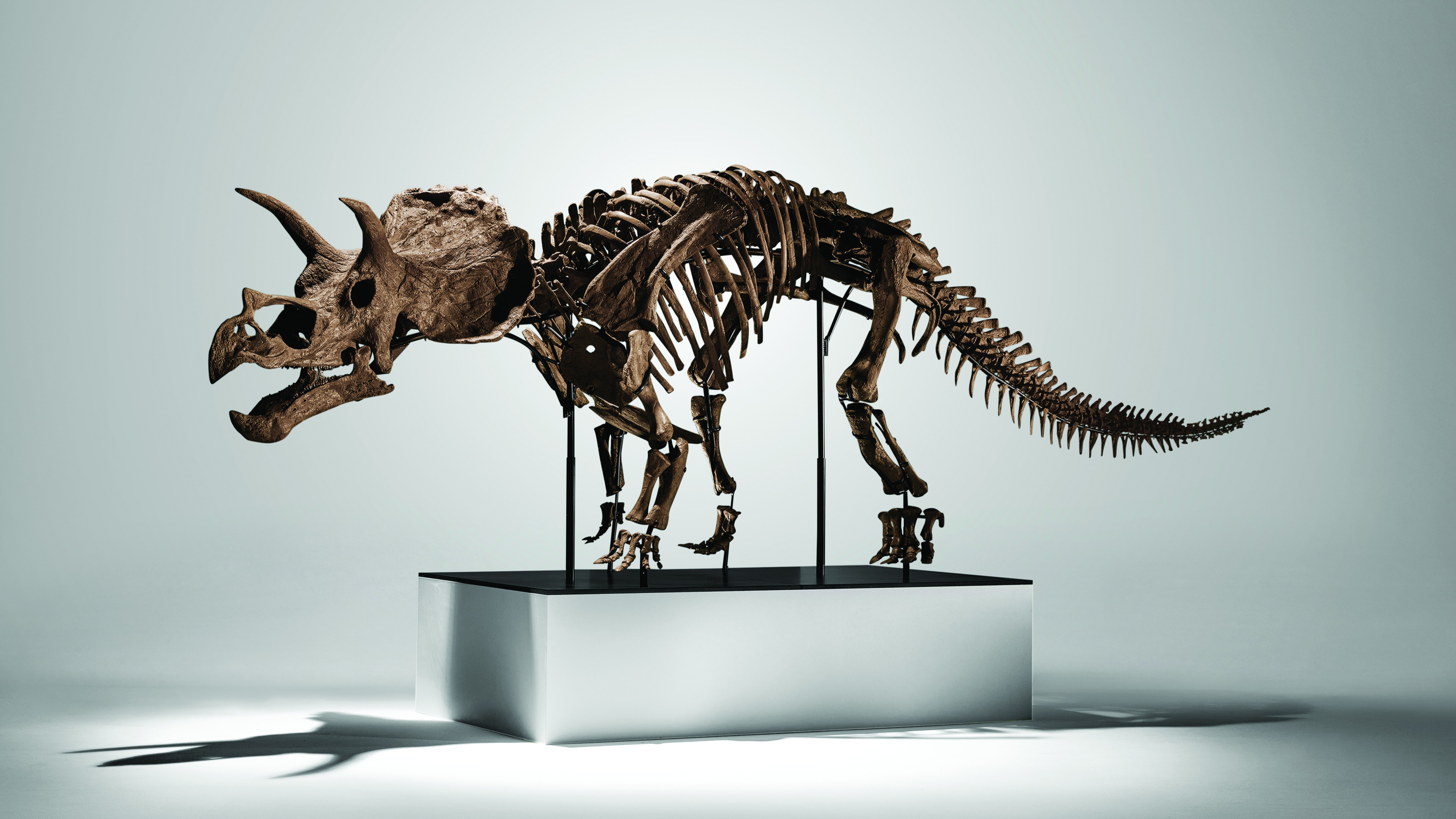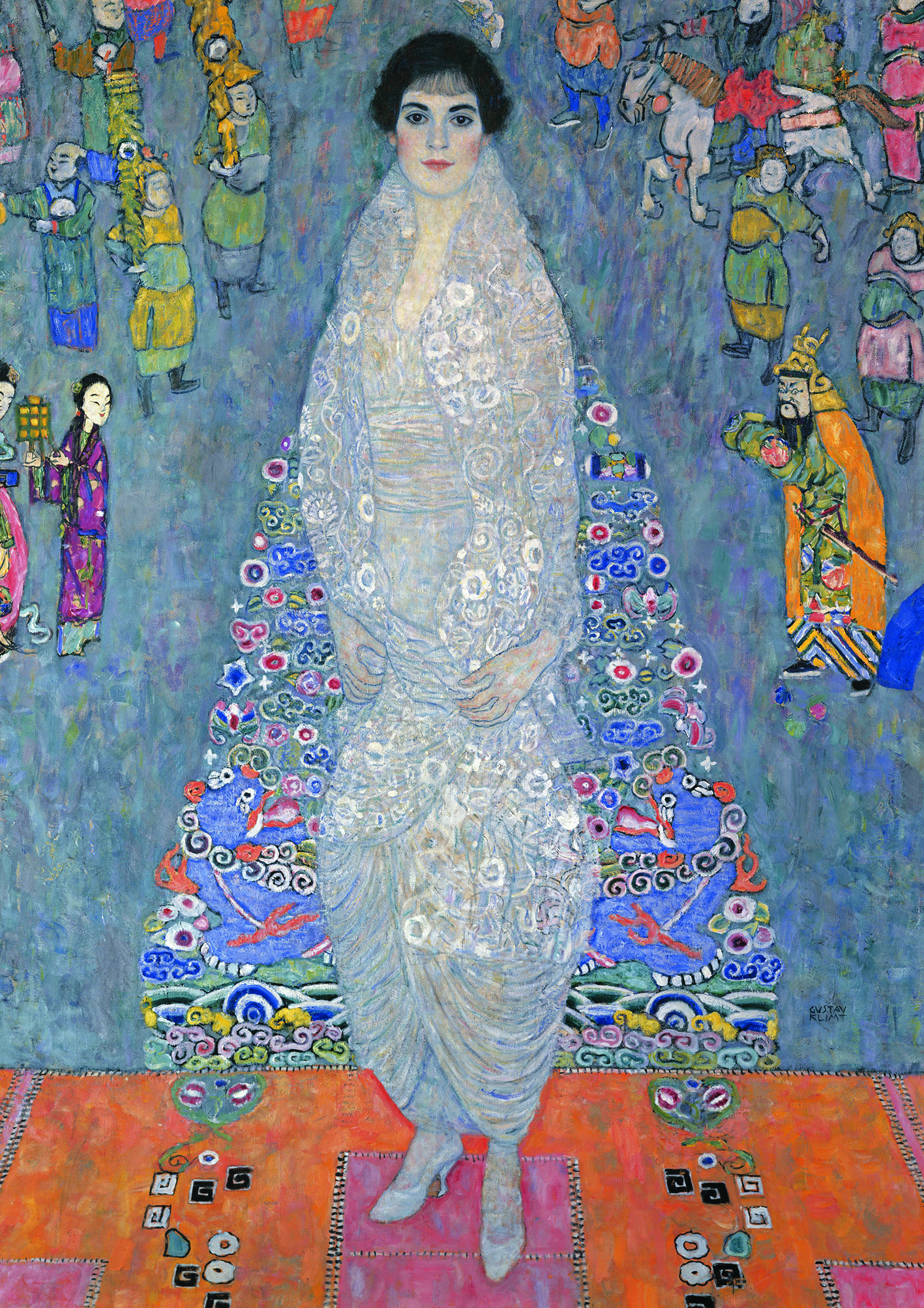The art world goes online with virtual auctions
The pandemic has presented new challenges for auction houses, says Chris Carter


Get the latest financial news, insights and expert analysis from our award-winning MoneyWeek team, to help you understand what really matters when it comes to your finances.
You are now subscribed
Your newsletter sign-up was successful
Want to add more newsletters?

Twice daily
MoneyWeek
Get the latest financial news, insights and expert analysis from our award-winning MoneyWeek team, to help you understand what really matters when it comes to your finances.

Four times a week
Look After My Bills
Sign up to our free money-saving newsletter, filled with the latest news and expert advice to help you find the best tips and deals for managing your bills. Start saving today!
“Pandemics, sadly, are nothing new,” as Bonhams points out. The auction house in New York is holding an online sale of two pages containing Sir Isaac Newton’s handwritten notes on Flemish physician Jan Baptist van Helmont’s treatise Tumulus Pestis (The Tomb of the Plague). Van Helmont had practised in Antwerp during the plague of 1605, during which time he had searched for a cure. “Combining powdered toad with the excretions and serum made into lozenges and worn about the affected area, drove away the contagion and drew out the poison,” Newton noted carefully in around 1667. But perhaps the best advice, much as now, was simply that “places infected with the Plague are to be avoided”. Newton’s notes were expected to fetch up to $120,000 last Wednesday when the online auction ended.
Auction houses, galleries and art fairs have all heeded that latter advice. But while the “big-name auction houses may be making great strides online… there is a lot to make up for since the Covid-19 pandemic took its toll on live events”, says Melanie Gerlis in the Financial Times. May is usually an important month in the art-market calendar. But this May, sales totals worldwide fell 97% at the big three action houses, Christie’s, Sotheby’s and Phillips, to just $93m from $2.9bn in May of last year, according to analysts Pi-eX. “This is the lowest public auction total ever recorded for the month by the database (which tracks from 2007),” says Gerlis.
It wasn’t all bad news, however. Car specialists RM Sotheby’s showed online auctions can work by setting a record for the highest price fetched for a car at an online auction. On 29 May, it brought the virtual hammer down on a very real 2003 Ferrari Enzo at $2.6m, including fees. Another Ferrari, a 1985 288 GTO, sold for $2.3m at the same sale.
MoneyWeek
Subscribe to MoneyWeek today and get your first six magazine issues absolutely FREE

Sign up to Money Morning
Don't miss the latest investment and personal finances news, market analysis, plus money-saving tips with our free twice-daily newsletter
Don't miss the latest investment and personal finances news, market analysis, plus money-saving tips with our free twice-daily newsletter
There was also good news for art fairs. “Frieze New York, the city’s first test of whether a virtual art gathering forced by the pandemic could survive online, wound down… [in May] with surprisingly strong results, suggesting that the schmooze-centric art market may never be the same” again, says Robin Pogrebin in The New York Times. Sales from the fair were “solid”. It may even be that an online virtual element becomes the norm in the art market.
On 29 June, Sotheby’s will be holding its high-profile New York evening sales of Impressionist, modern and contemporary art – from London. The auctioneer, Oliver Barker, will stand in an empty room, facing a bank of screens on which colleagues around the world will bid on behalf of clients. Up for grabs is a $60m Francis Bacon triptych. “This will be the very first time that I have taken to the rostrum in London in order to conduct a New York sale,” says Barker. “[It] will usher in a very exciting new era of marquee auctions... in which the best of the established live auction formats is married with the very latest auction technology.”
Get the latest financial news, insights and expert analysis from our award-winning MoneyWeek team, to help you understand what really matters when it comes to your finances.

-
 Japanese stocks rise on Takaichi’s snap election landslide
Japanese stocks rise on Takaichi’s snap election landslideJapan’s new prime minister Sanae Takaichi has won a landslide victory in a snap election, prompting optimism that her pro-growth agenda will benefit Japanese stocks
-
 Alphabet 'is planning a 100-year bond': would you back Google for 100 years?
Alphabet 'is planning a 100-year bond': would you back Google for 100 years?Google owner Alphabet is reported to be joining the rare century bond club
-
 Where to look for Christmas gifts for collectors
Where to look for Christmas gifts for collectors“Buy now” marketplaces are rich hunting grounds when it comes to buying Christmas gifts for collectors, says Chris Carter
-
 How dinosaur fossils became collectables for the mega-rich
How dinosaur fossils became collectables for the mega-richDinosaur fossils are prized like blue-chip artworks and are even accelerating past the prices of many Old Masters paintings, says Chris Carter
-
 Sotheby’s fishes for art collectors – will it succeed?
Sotheby’s fishes for art collectors – will it succeed?Sotheby’s is seeking to restore confidence in the market after landing Leonard Lauder's art collection, including Gustav Klimt's Portrait of Elisabeth Lederer
-
 Halifax: House price slump continues as prices slide for the sixth consecutive month
Halifax: House price slump continues as prices slide for the sixth consecutive monthUK house prices fell again in September as buyers returned, but the slowdown was not as fast as anticipated, latest Halifax data shows. Where are house prices falling the most?
-
 Rents hit a record high - but is the opportunity for buy-to-let investors still strong?
Rents hit a record high - but is the opportunity for buy-to-let investors still strong?UK rent prices have hit a record high with the average hitting over £1,200 a month says Rightmove. Are there still opportunities in buy-to-let?
-
 Pension savers turn to gold investments
Pension savers turn to gold investmentsInvestors are racing to buy gold to protect their pensions from a stock market correction and high inflation, experts say
-
 Where to find the best returns from student accommodation
Where to find the best returns from student accommodationStudent accommodation can be a lucrative investment if you know where to look.
-
 The world’s best bargain stocks
The world’s best bargain stocksSearching for bargain stocks with Alec Cutler of the Orbis Global Balanced Fund, who tells Andrew Van Sickle which sectors are being overlooked.